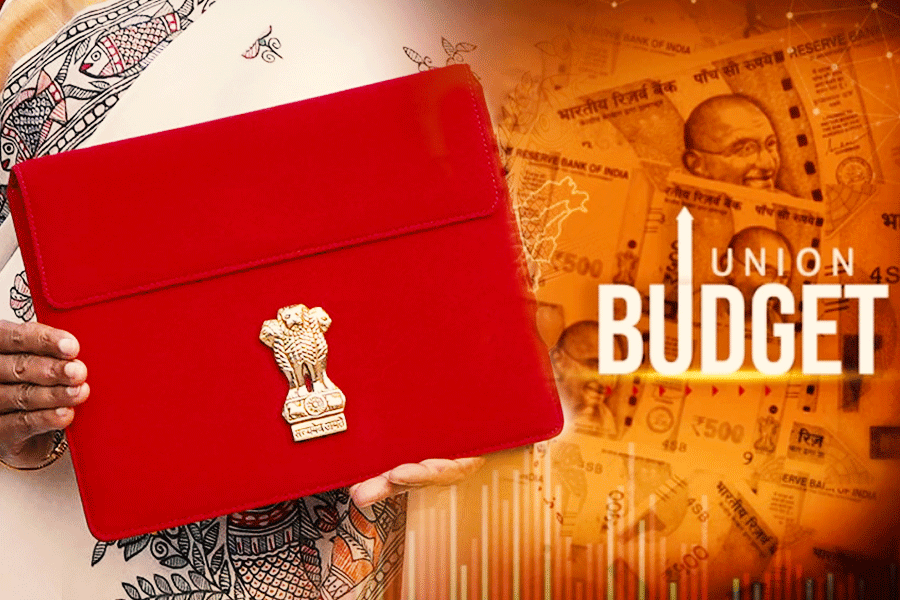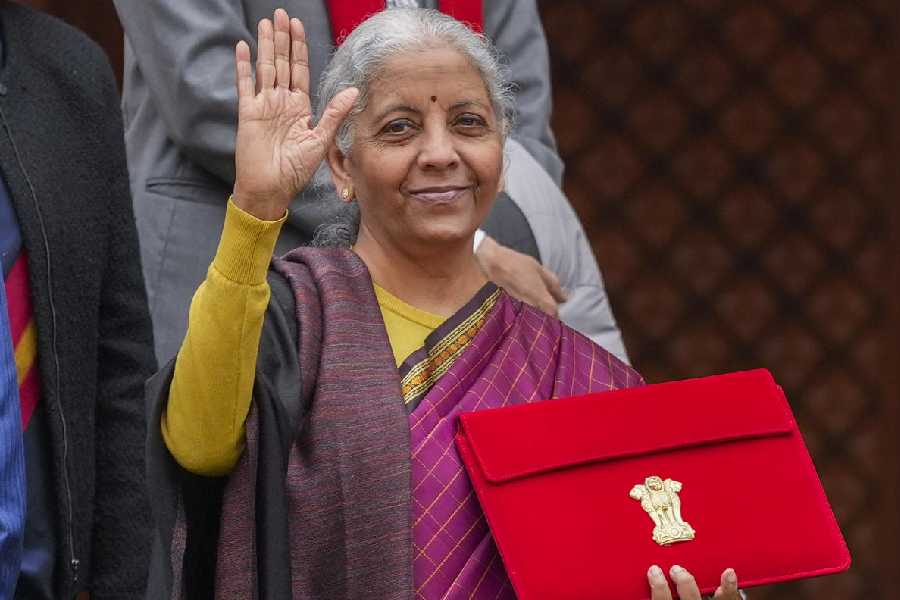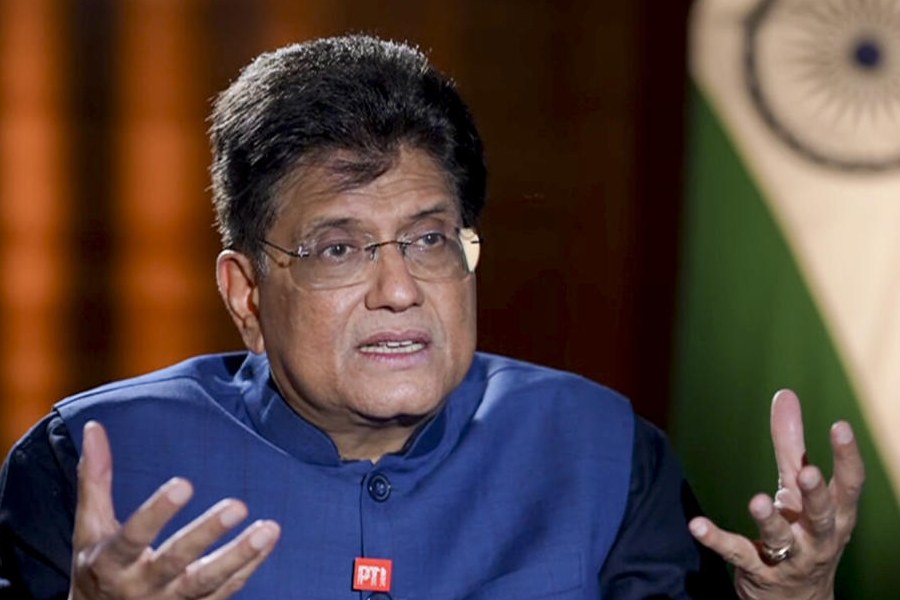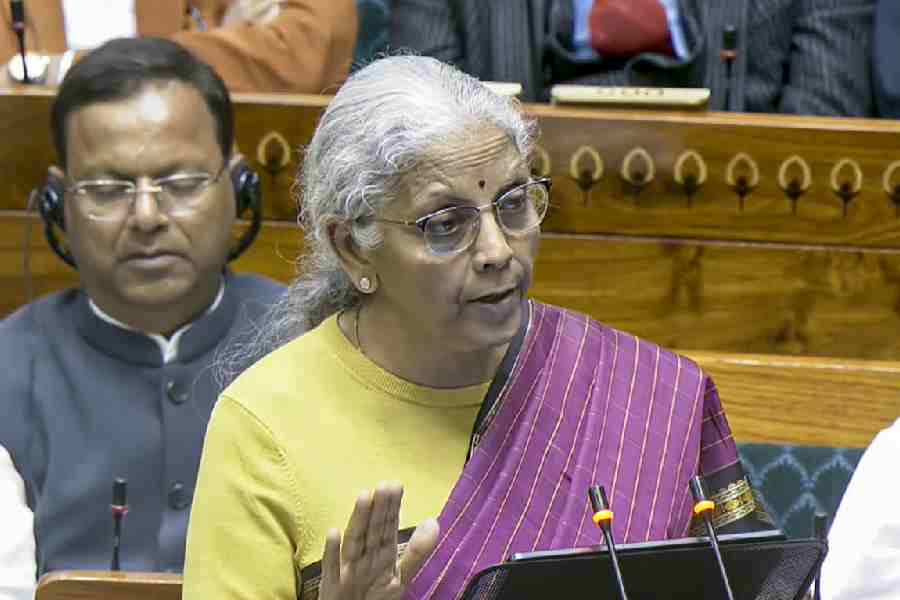Patna, Feb. 19: The bureaucracy is smarting from the state government's decision to amend the service conduct rules and making consumption of liquor at any place of the globe punishable.
On Wednesday, the Bihar cabinet, with chief minister Nitish Kumar in the chair, uncorked the Bihar Government Service Conduct Rules, 2017 - the country's first roving prohibition, barring bureaucrats and judicial officers from consuming liquor or any intoxicating substance even when they are outside the state.
The changed rules apply to IAS, IPS or other officials on deputation to the Centre, any other state, or outside the country. The changes stipulate that government employees will have to adhere to the ban on consumption of intoxicants in any area they might be present at any point of time.
A senior Bihar officer posted outside the state said he was being teased by colleagues on how he could also become a victim of chief minister Nitish Kumar's drive against liquor consumption.
The senior officer mourned that now he had to be careful and drink within closed doors and away from the camera glare like his colleagues in Bihar. "What is the use of framing rules which cannot be implemented? If any public servant goes to the US and drinks, does the state government have a mechanism for reporting the violation?" remarked former director-general of police Manoje Nath.
Officials are quick to point out that the new rule encroaches upon their space. "Apart from being civil servants, we are also private citizens. We are not civil servants when we go on holidays or attend a private function," a senior IAS officer said under the condition of anonymity, stressing that the government's move was being seen as the state's "obsession" with liquor consumption - as reflected in a joke doing the rounds of social media that in Bihar, a person could now be prosecuted for "dreaming about liquor". They point out that such a rule does not exist even for employees of Gujarat which has been dry for over five decades.
IAS and IPS officers wonder how the Bihar government could impose their law on them when they were All-India government service employees whose conduct rules are governed by the Centre. The Bihar government, on its part, argues that when total prohibition was implemented on April 5, 2016, state government officials, including IAS and IPS officers, had pledged in writing that they would not consume liquor and would dissuade others from doing so.
Violation of the pledge, the government argues, will also enable the government to take disciplinary action against them. The amended service conduct rules would be applicable to IAS, IPS and other officials on deputation to the Centre, any other state, or even outside the country. Though the Bihar Prohibition and Excise Act 2016 cannot be extended beyond the state's boundaries, the government can proceed against them for violating the conduct rules if they get proof to that effect.
"Despite what the state government says legally and technically I do not think that their writ can extend beyond the borders of Bihar. Any action by the government on account of drinking liquor outside the state will find judicial remedy," said former chief secretary V.S. Dubey.
In private conversations, the government is facing flak from its own allies. "We supported the prohibition law but that does not mean we should be over-obsessed with it. The anti-liquor law of Bihar has been the object of jokes in Delhi and other metros. How can the state government boast that it has jailed more than 32,000 persons for violating the law, way above the capacity of Bihar jails," quipped a senior RJD leader.
Incidentally, RJD chief Lalu Prasad was on Friday asked about overcrowding of Bihar jails by liquor law violators and was asked if new prisons had to be built. "No, why should new jails be built? These persons are arrested and go to jail. They get bail and come out and they go back to jail again for violating the rules again," Lalu joked.











